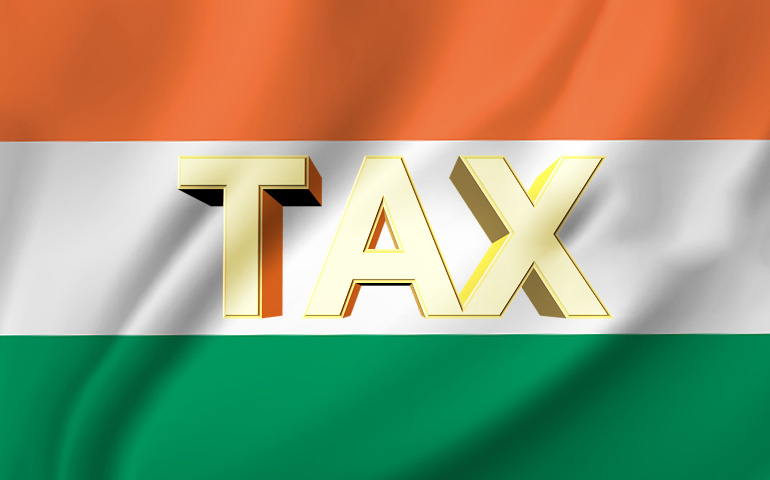
The Government of India had released the draft Direct Tax Code (‘DTC’) along with a Discussion Paper in August 2009 for public comments. Various stakeholders have provided their feedback and the Government subsequently released a Revised Discussion Paper in June 2010 addressing some of the key concerns on the DTC.
The DTC would replace the existing direct tax legislation constituted by the Income Tax Act, 1961 and the Wealth Tax Act, 1957 with effect from April 1, 2011. It aims to simplify the language with an intention to remove uncertainty in interpretation of the tax law and mitigate undue litigation. While most of the provisions in the DTC meet these objectives, there are certain provisions relating to Minimum Alternate Tax (‘MAT’), General Anti-Avoidance Rules (‘GAAR’) and Determination of Residential Status of Foreign Corporate, which could have adverse and undesirable consequences.
This article provides an overview of the key proposals in the DTC and their impact on both domestic and international businesses in India.
Click on the Download link below to access complete article.
Download Pdf